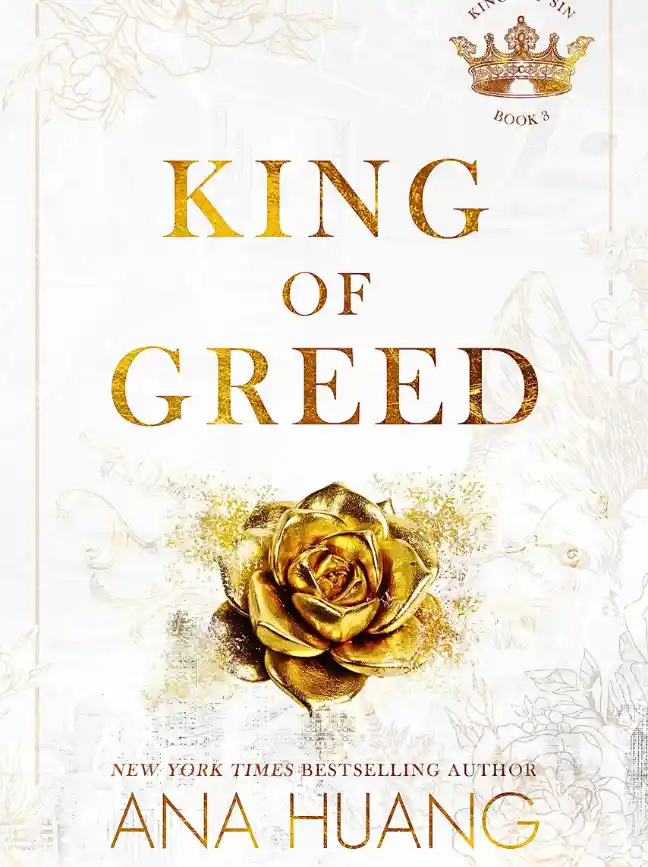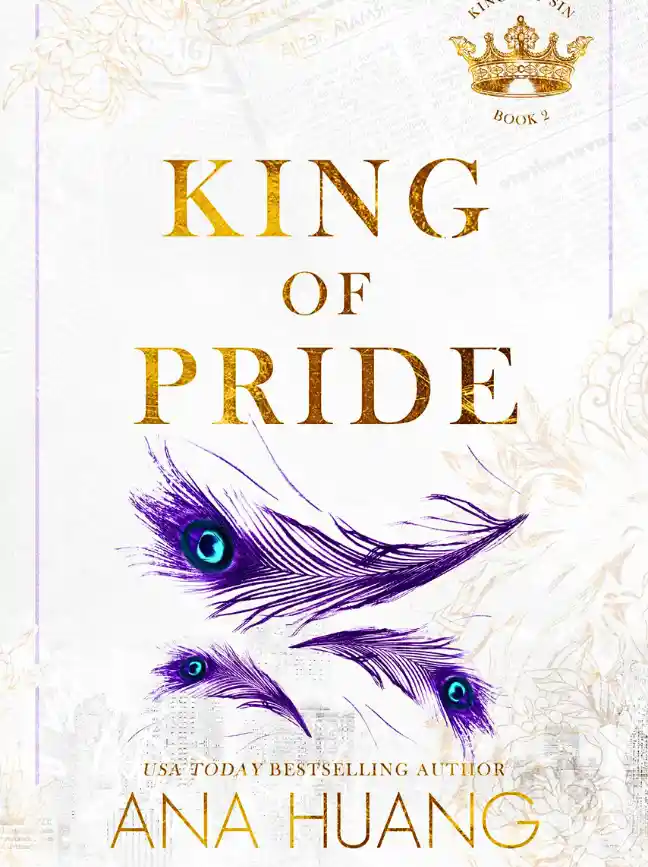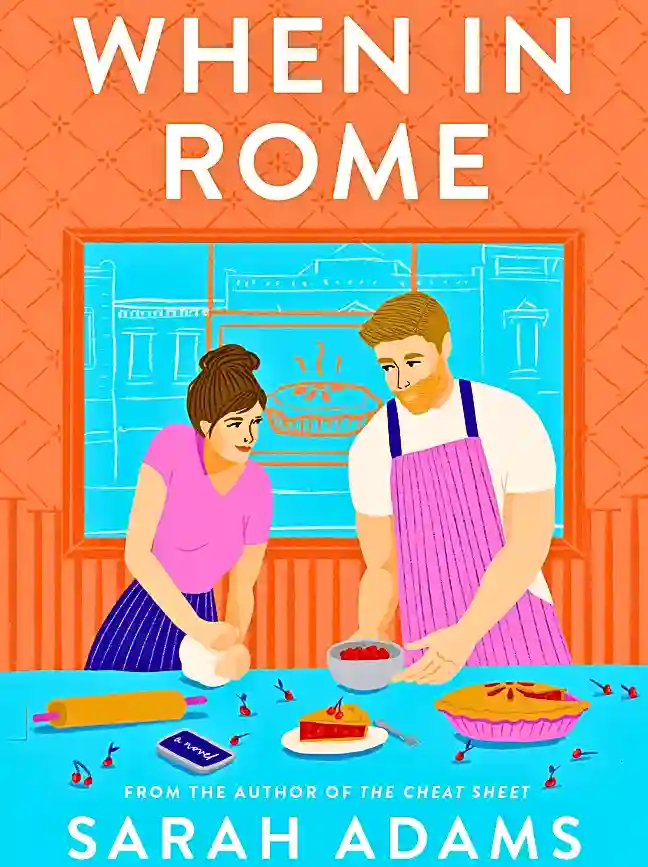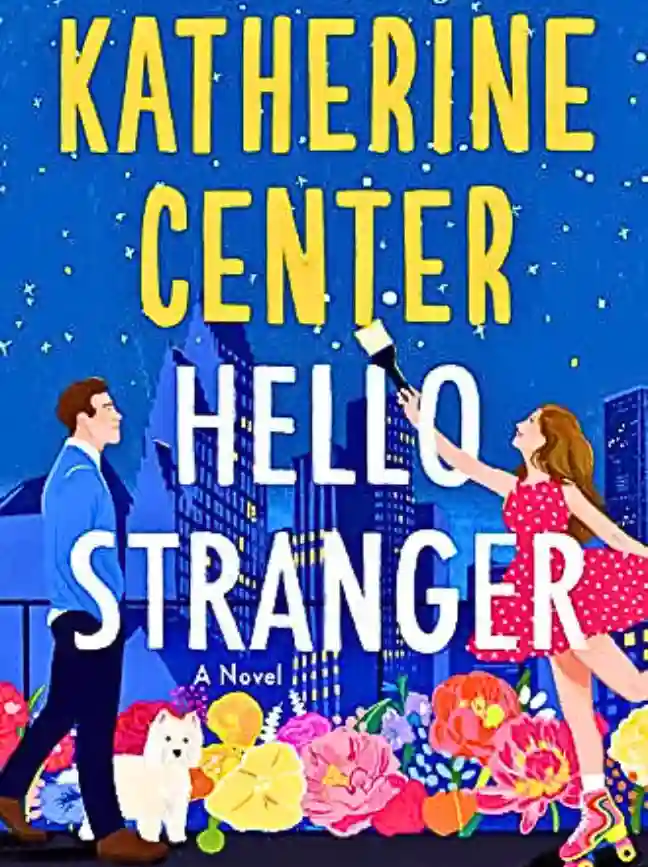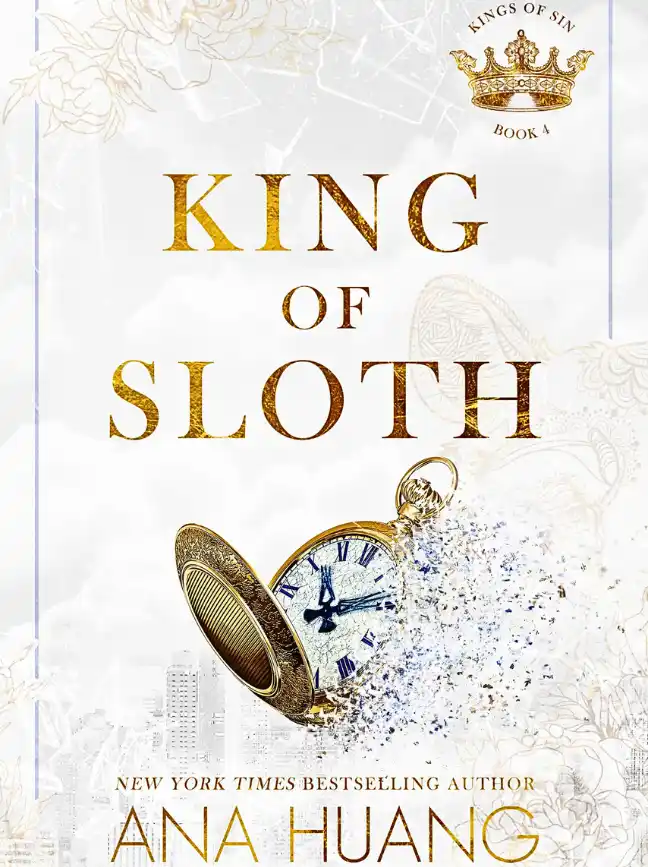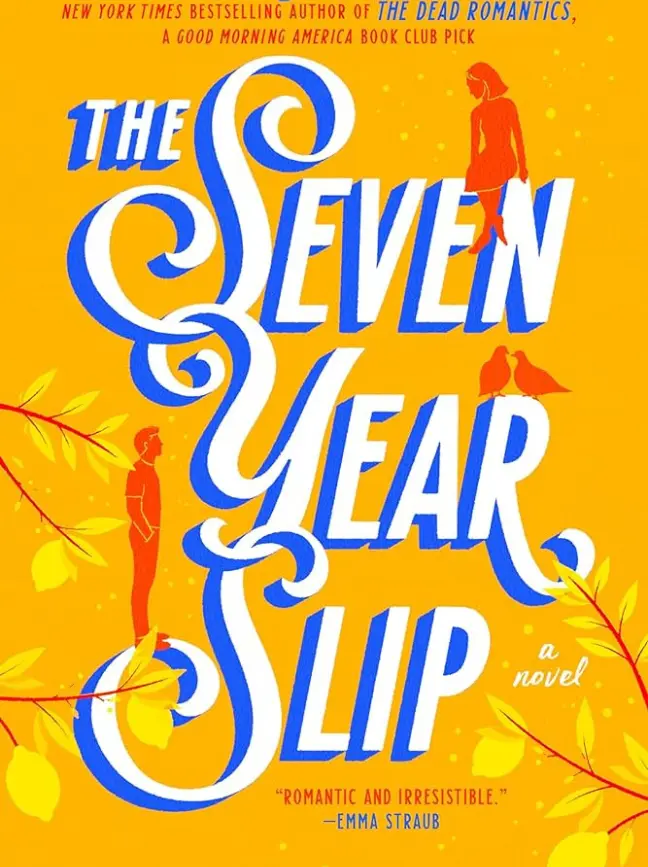MY WORLD CHANGED WITH the ringing of the bells. Deep as the cracking of stones beneath the earth they rang.
High in my chambers, I dropped the white shirt I was folding for my trunk and listened. The sound shook the very stones of the mighty keep,
clear and low and loud. I checked my terminal. It was nearly an hour before noon but not on the hour. That was my first clue that something was wrong before even I recognized the bells calling for special assembly. Hurriedly I stuffed the book Gibson had given me, The King with Ten Thousand Eyes, into the footlocker that was to accompany me into exile. I threw my coat over the top of the contents and shut the lid. I had an uncanny feeling that those bells tolled for me. Was this to be my father’s formal declaration that Crispin would be his heir? It would be like him to perform such a ceremony while I was still present.
But I went, descending in the lift and emerging into the atrium and the shadows of the twin banners, the Marlowe devils capering with their tridents. Boot heels clacked on the copper mosaic depicting the Imperial
sunburst. I was halfway to the massive doors when a realization struck me. The plaza would be filling with castle staff: red-uniformed servants and black-armored guards, the gray and brown suits of the various logothetes, with here and there the white-and-black-striped cassocks of Chantry
anagnosts hurrying to their prayers and the brighter costumes of the guilders up from the city for business. All eyes would be on me if I came through those doors onto the balcony above the plaza. I looked round, half
expecting to see my father and his lictors emerging, already shielded, from the green room kept ready just beside those main doors.
No one appeared. I would have heard Father orating had he already been outside, but the only sound through those massive doors was that of the murmurous crowd roiling. I lingered for a moment in the hall, ignoring the five hoplites by the throne room, then went out through a postern door instead, down a narrow stair, and out into the yard. Mindful, I activated my personal shield with the control pack on my belt, felt the energy curtain
come online around me. Then I pushed out into the crowd, dressed plainly enough that I did not attract an enormous amount of attention. A few stares came my way, but enough members of the crowd were used to seeing me
that they held their places and their silence. Though I did not know it then, a trio of peltasts—unshielded and in light armor—peeled off the perimeter
and shadowed my steps.
Short as I am, the plebeians in the crowd were shorter, and I could see over their grayed and balding heads to the main doors and the railed balcony I had spurned. New instinct kept my hand clasped about the leather hilt of my knife. The whole population of the castle was in evidence,
clustered around Lord Julian’s statue, packed shoulder-to-shoulder like legionnaires slumbering in the fugue creches of a troop carrier. I pushed forward, trying to get a better view of the platform just outside the doors to the Keep. Someone had brought the huge ebony podium out of the green room and set it at the balustrade, and hovering camera drones tagged with the decals of the Meidua Broadcast drifted above the crowd. Ten hoplites in full battle armor stood at attention along the double staircase approaching that platform, their energy lances at the ready, shield curtains glimmering.
The bells ceased, and a herald—a red-skinned and leathery little man— emerged carrying the Marlowe banner on a silver staff. “Presenting the Lord Alistair Diomedes Friedrich Marlowe, Archon of Meidua Prefecture by the order of Her Grace, the Lady Elmira Kephalos, Vicereine of Auriga Province, Duchess of Delos, Archon of Artemia Prefecture; and by the will of His Imperial Radiance, the Emperor William the Twenty-Third of the
House Avent, our Lord of Devil’s Rest!” Its clear, high voice marked it for a homunculus, one of the little androgyns—not quite human—bred and tailored for such roles as this. The sound system on the platform amplified its voice a dozen times over, and it filled the plaza unto the walls of the
encircling colonnade.
Recorded martial trumpets played from the court speakers, and their fanfare clashed against our dark towers, rebounded off buttressed walls and
pointed windows to drown out the unquiet crowd. My father appeared, bracketed by Sir Roban and Sir Ardian in their best armor, Dame Uma and the other lictors behind him, their lances held ready in defense of their lord. Crispin was there too beside Tor Alcuin and the ever-present Eusebia and Severn, dressed like Father in the black frock coat and red toga expected for such formal appearances, his block of a face oddly expressionless. No one had sent for me. Had I been forgotten already? And where was Sir Felix?
Surely the castellan ought to be among the assembled party.
The trumpeting ceased at a raised hand from Father, and I could just see the shield glimmer faintly around his party. Father’s eyes took in the crowd but skipped right over me unseeing as he lifted up his voice and said, “My people, I come before you with disturbing news.” He paused, ever the master, just long enough to allow the possibilities to begin forming in the minds of the gathered hundreds, building up until they leaked out in
whispers. He allowed just enough time to let them believe it was the Cielcin and that their world was ending. I believed it, too. Believed that an invasion had come, if only for a second. But it was only my world that was ending.
“As many of you know, my eldest son, Hadrian, is set to be leaving us in but a few days’ time.” I almost missed his next pronouncement, for I stood transfixed. He had used my name. Lord Alistair never used my name. A pit opened in my stomach, yawning and cavernous. “He will be taking the journey to Vesperad to take his rightful place as a pious member of the Holy Terran Chantry.”
I clenched my hand around the hilt of my long knife, the fingers aching with remembered pain. Pious indeed. But Father was still speaking, his
words growing softer, perfectly amplified and modulated by the plaza sound system. His sudden hush dragged the crowd in closer as he said, “This noble plan was jeopardized by a traitor.” Here he curled his hands into fists before his face before lowering them to the podium. “A traitor who would have seen my son kidnapped and sold to the Extrasolarians.”
“What?” I cried, pushing forward, drawing surprised expressions from the logothetes and servants around me. But my words were lost in the
sudden tremor of the crowd, the mounting rumble as they conferred with one another, questioning with one voice. What was Father on about? I looked around sharply, as if to find an answer writ on the faces of those gathered hundreds. There was none. And then I saw it. A simple wooden post, half again as high as the tallest palatine, stood slightly crooked
between those sweeping steps, slotted into a hole in the ground, its bent shadow pointing nearly straight at me.
A whipping post.
My heart froze in my chest, and I turned to glare up at my father at his podium in time to hear him say, “Had this plan not been uncovered, my son would have been delivered into the hands of those barbarians, maybe even to the Pale themselves.” He shook his head. “Bring him out.”
I turned, eyes wide and wild, to see four hoplites dragging a piteous, white-haired figure between them. A white-haired figure in green robes.
“Gibson!” It wasn’t true; it couldn’t be. I tore sideways through the crowd, shoving the plebeians aside. The trio of guards I had not seen hurried forward and seized me by the arms. The scholiast looked up at me, and I
swear he smiled. Not the sardonic little ghost of a smile that crept its way onto his face from time to time, but a true smile, small and sad and sure. I strained against my guards, but the old man shook his head. I turned,
wanted to scream that it wasn’t true, but then I remembered the letter
secreted in the pages of an old adventure novel. Gibson’s meaning was plain enough. I choked back my objections and looked wide-eyed at my father, and so I did not see Gibson’s thin arms being lifted, manacles rattling as they were looped onto the hook atop the whipping post.
The guards at my side cleared a wedge through the sea of gray and red uniforms, frog-marching me up the white marble stairs to the platform.
Father watched my progress with hooded eyes. “Tor Gibson,” he said, “you have been caught colluding with barbarians in the kidnapping of my son!”
As Father spoke, the guards pushed Gibson to the ground, so that he sprawled beneath the balcony like a puppet with its strings cut.
Some clinical, detached part of my soul reflected that this was precisely what Tor Gibson had referred to that morning—was it just that morning?— when he spoke of the ugliness of the world.
Father was still speaking. “Three hundred and seventeen years you have served us, Gibson, and our father before us. Three hundred and seventeen years you’ve been with us.” My father advanced toward the railing, spread his hands on the balustrade. “Is it true that you intended for my son to be delivered into the hands of these backspace barbarians?”
Gibson clambered to his knees and looked up at us on the balcony. He caught me staring and shook his head sharply, pointedly. “It is true, sire.” He shook his head again, more brusquely this time, and I realized the
gesture was for me. The contrast between word and action was lost on those gathered round, even on Alcuin or Alma, who should have noticed. It was meant for me so that I would know the truth and not interfere.
I’ve had years to think about this. This moment. Years to work out
Gibson’s reasoning. To work out why he did what he did, why he took the blame for my attempt to flee. Perhaps you see it? He must have known
about the money or deduced that I had done something like what I’d done. If Father and his intelligence corps believed that the plan was Gibson’s, they might not look so closely at me. His confession saved me from further scrutiny and made everything that followed possible. Oh, Father would blame the idea of fleeing on me, but in his mind, so grand a plan would require a conspiracy. The sort of thing a scholiast might concoct.
There was no conspiracy. There was only me.
I’ve said it before, but Gibson was the closest thing to a father I have ever known. And this moment cemented that fact more than any other.
Gibson died for me. Not there, not then, but on the distant planet of his
exile. He gave his life for me, gave up his comfortable place in my father’s court so that I might have a chance at the life I wanted. I am glad he did not see my future, for it was not a future either of us would have chosen for me, fraught as it was with hardship and suffering.
“You do not deny it?” My father’s voice betrayed no emotion. He might have been talking to an enemy taken in the field, not the man who had tutored his children their entire lives and been his tutor before.
Gibson found his feet. “I have already confessed it, sire.”
“Indeed you have,” said one of the guards on the platform above, and I recognized Sir Roban’s voice. Sir Roban, who had saved me from the highwaymen outside the coliseum, my father’s faithful lictor. “I had it from him myself, my lord.” He keyed a playback function on his wrist terminal, his armor interfacing with the plaza’s sound system.
Gibson’s reedy voice played from every corner of the yard, artificially amplified like the voice of some aged and quavery giant. “Hadrian never
would have reached Vesperad. I’d made arrangements . . .” The clip severed abruptly, cutting, no doubt, just in time to preserve Father’s choice fiction involving the demoniac Extrasolarians.
A ripple ran through the crowd. Scholiasts were regarded with suspicion by the uneducated, as is the fate of every man of learning in every age.
There was something of the machine in the scholiasts, a relic of the order’s ancient history and its founding by those few Mericanii who survived the Foundation War. And in every age there is a stigma attached to extreme intelligence, for there are heights to which the human mind may be pushed that astonish those at sea level.
Ever they have been the first targets of pogrom and Inquisition.
“Tor Gibson, for attempting to kidnap my son, I, Alistair of the House Marlowe, Archon of Meidua Prefecture and Lord of Devil’s Rest, do deny you and banish you from my lands and from all this world.”
The scholiast slumped, rattling the chains on the whipping post he clung
to.
“It’s not true.” Everyone on the landing and everyone below who had
heard turned to look at me.
“It is true!” Voice ragged, Gibson took a half step forward, straining his arms in their manacles. “A priest, Alistair? You would throw your son to those charlatans? Your son—”
“Heresy!” shrieked Eusebia, pointing a gnarled finger down at Gibson. “Kill him, lordship!”
Lord Alistair ignored the prior. The familiarity in Gibson’s voice tipped him beyond composure—none of his servants called him merely Alistair.
Not ever. “He is my son, scholiast! Not yours.”
One of the soldiers kicked the old man in the back of the knee, and
Gibson fell like a tower toppling. The chains stopped him, and he groaned as he hung there. An involuntary cry tore from my throat, and I moved to the railing. “Let him go.” I rounded on my father, tears in my eyes.
“Please.”
“I am letting him go.” Father did not turn to look at me this time; he lifted one hand to snap his fingers. “We are merciful as Mother Earth is merciful,” Father declared to the crowd. “Gibson has served our house long, and in memory of that service, we withhold the White Sword.” He overrode an objection from Eusebia, who caved so quickly I knew their arrangement was preordained. “Sir Felix.”
The castellan emerged from the shadows, and I paled. Sir Felix, who
after Gibson had been my greatest teacher, was dressed not in combat armor but in religious white and black. Beside him was a blindfolded cathar of the Chantry, his head shaved, his skin like porcelain, a black muslin band
obscuring his eyes. Unspeaking, Felix led the torturer down the stairs toward where Gibson stood lashed to the post.
“Stop!” I screamed as I stumbled for the stairs. My guards grabbed me
above the elbows, held me back with armored fists. The cathar advanced on Gibson, producing a fine blade that glowed star-hot in the daylight. He did not hesitate but slipped the needle-fine blade up into Tor Gibson’s nose and pulled, plasma-coated edge slicing a wedge in the old man’s nostril all the way to the bone. Gibson let out a yelp and a gasp of pain as he slumped.
The wound would mark him a criminal all his life. The plasma knife had cauterized the wound even as it cut, leaving his face bloodless.
Sir Alistair waved his hand, and the two peltasts holding Gibson tore his robes. It fluttered like two broken wings from his thin shoulders, pale flesh visible between them. Sir Felix accepted a three-thonged lash from the
cathar, acting as Father’s proxy for the punishment that was to come.
“Mercy, Father.” I strained against the men holding me. He ignored me.
The two soldiers forced Gibson against the post, one pressing his face against the rough grain of the wood. The castellan swung, tearing the
scholiast’s flesh like cheesecloth. The sound Gibson made shook me to the marrow: a mewling, wrenching yowl. I couldn’t see his back from where I stood, my arms pinioned, but I could imagine the bloody stripes the lash traced against his skin. It fell again, and Gibson’s sobs turned to cries. For a moment I saw his face, transfigured. Gone was the kindly old man I had known all my life with his endless stream of quotations and quiet
admonitions. The pain had reduced him to something less than the shadow of a man.
The lash fell again and again. Fifteen times it fell, each time punctuating the old scholiast’s sobs with another cry. I have never forgotten his face. By the end he had ceased even to cry but set his jaw and bore the pain of it.
When I think of strength, it is not of the armies I have seen that come to mind, nor the fighting man. It is of Gibson, stooped and bleeding but unashamed.
Father looked down on him, unspeaking. When Sir Felix was once more at his side, the lash in hand, the Archon of Meidua said, “Take him away.” Then to all the gathered logothetes and secretaries of the court he said,
“Back to work! All of you!”
“Why did you do that?” I broke free of the guards who held me,
cracking one in the face with an elbow. Below the landing the crowd was
draining back into the castle, crushed into silence by the display. As much fun as the sight of blood was in the Colosso, the comedy and the glory of it vanished when one of their own was so abused.
“Because, Hadrian,” my father said, voice low, no longer amplified by the plaza’s sound system, “it couldn’t be you.”
I drew up at this, stunned. Stunned less by the cruelty of this revelation than by the fact that my father had used my name again. Father waved Felix back, lacing his hands before him as if in prayer. He had worn his full set of rings that day. Three rings on each hand, all with huge bezels set with rubies or garnets or carnelians, each a symbol of his office or power in
some way, red on silver. I did not see his wedding band. I never did. “Me?” I finally managed, my voice sounding small and high, like
Crispin’s.
“I know you asked the old man to find a way to get you to an
athenaeum,” Sir Alistair said in muted tones. The last of the crowd retreated through the Horned Gate to the path down from our acropolis. “I don’t know how he planned to do it—something involving a shipboard scholiast, I don’t doubt.”
You believe that, I thought, trying to keep the venom from my face. I thought of Gibson’s letter and knew that a part of it was now useless.
Whatever the scholiast had planned, it was uncovered now.
The Lord of Devil’s Rest took a couple of steps nearer, looming over me. Crispin stood off to one side, watching with bright eyes, a small smile quirking his fat lips. “You will not be a scholiast. Do you understand?”
I had no words. Nothing. I was leaving in five days, leaving and never coming back. And I had nothing. “Go to hell.”
Father struck me full in the face again, with a closed fist this time. One of his rings caught my cheek, tore the meat there in a thin, ragged line.
“Take him to his chambers. He won’t learn his lesson.” As the two hoplites seized me by the arms again, my father turned and led Crispin up the stairs to the keep. Presently Father stopped, turned with his hand on Crispin’s
shoulder. “Do this again, and I will kill the scholiast. You understand?” I spat on the tiles at the base of the stair and looked away.
Alone again in my chambers, I had no room for tears. I fell back against my door, sank to the floor, chest heaving. I shut my eyes for a long time, my mind retreating past sleep and madness to a place of utter stillness where rage smoothed itself to a quiet burning. I sat there a long time, legs splayed out on the tile before me. I could feel the blood in me moving and the tears starting to come. Dimly my dream came back to me: Gibson standing tall, his nose cut. I wondered at that and at myself and so opened my eyes.
My wonderment vanished at once, buried by cold fear. My coat—the one I had thrown across the top of my footlocker—lay on the furs at the end of my bed. That was wrong. Half crawling, I hurried to it and threw open the lid of my footlocker. I threw clothing and the gathered detritus of my life every which way. I had to punch my leg to stifle a sound that was at once a wail of grief and a howl of fury and a sudden conviction that I too
was whipped.
The Kharn Sagara book was gone.


